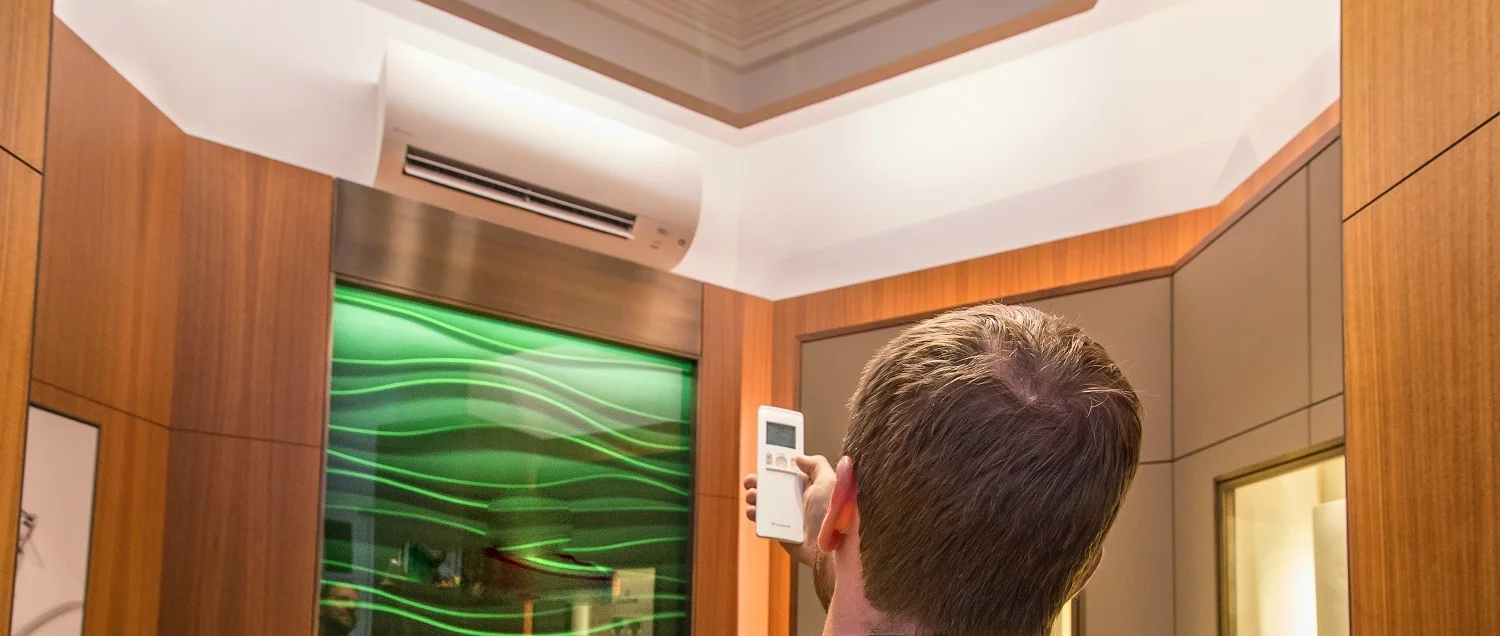Statutory Compliance in Healthcare
/Ensuring Safety and Compliance Through Statutory Maintenance Visits
In the area of healthcare and veterinary services, maintaining a safe and compliant environment is paramount. Beyond delivering exceptional care to patients and animals, ensuring the safety of occupants and the integrity of facilities stands as a fundamental responsibility.
Central to achieving this objective are statutory compliance maintenance visits, which address critical facets such as air quality, ventilation, heating systems, electrical infrastructure, water hygiene, and fire safety systems. These routine inspections are not merely administrative formalities; they represent proactive measures in safeguarding lives, preserving infrastructure, and upholding regulatory and specialist healthcare standards (Health Technical Memoranda - HTMs).
Air Quality and Ventilation
Effective ventilation systems play a pivotal role in healthcare and veterinary settings, where airborne contaminants pose significant risks to both occupants and patients. Poor air quality not only compromises the health and well-being of individuals but also undermines the efficacy of medical procedures and treatments. Statutory maintenance visits ensure that ventilation systems are functioning optimally, mitigating the spread of airborne pathogens and maintaining air quality within prescribed parameters. Regular inspections identify potential issues such as blockages, leaks, or malfunctioning components, enabling prompt remediation to uphold a clean and healthy environment conducive to healing and recovery.
Heating Systems
In healthcare and veterinary facilities, reliable heating systems are indispensable for maintaining comfortable temperatures essential for patient comfort and optimal functioning of medical equipment. Statutory maintenance visits encompass thorough assessments of heating systems to identify any inefficiencies, malfunctions, or safety hazards. By detecting and addressing issues early on, these visits prevent disruptions to operations, minimise energy wastage, and ensure uninterrupted provision of warmth essential for patient care and staff productivity, especially in critical care areas.
Electrical Infrastructure
The integrity of electrical infrastructure is non-negotiable in healthcare and veterinary practices, where equipment reliance is ubiquitous and patient safety is paramount. Statutory compliance maintenance visits scrutinise electrical systems to identify potential hazards such as faulty wiring, overloaded circuits, or deteriorating components. Adherence to regulatory standards not only mitigates the risk of electrical accidents but also safeguards against disruptive power outages that could compromise patient care and jeopardise critical medical procedures. Regular inspections and maintenance uphold operational continuity and instill confidence in the reliability of electrical systems.
Water Hygiene
Water hygiene is of utmost importance in healthcare and veterinary facilities, where waterborne pathogens pose significant health risks to vulnerable populations. Statutory maintenance visits encompass rigorous assessments of water systems to ensure compliance with stringent hygiene standards. From testing water quality to disinfecting storage tanks and pipelines, these visits are instrumental in preventing outbreaks of waterborne diseases and safeguarding the well-being of patients, staff, and visitors. By adhering to comprehensive maintenance protocols, healthcare and veterinary practices uphold their duty of care and foster environments conducive to healing and well-being.
Fire Safety Systems
The threat of fire looms large in healthcare and veterinary settings, where the consequences of a blaze can be catastrophic. Statutory compliance maintenance visits are instrumental in ensuring the efficacy of fire safety systems, including alarms, extinguishers, sprinklers, and evacuation protocols. Regular inspections identify potential deficiencies, such as faulty detectors or blocked escape routes, enabling timely interventions to mitigate fire risks and enhance preparedness for emergencies. By prioritising fire safety through proactive maintenance measures, healthcare and veterinary practices fortify their resilience against potential disasters and prioritise the safety of all occupants.
How Can JCW Help?
Drawing upon years of invaluable experience, JCW can offer expert support to healthcare and veterinary premise managers in navigating the complex landscape of statutory compliance. Our tailored solutions ensure adherence to regulations, promoting safety, efficiency, and peace of mind.
Contact Us
If you would like to learn more about how JCW can support your statutory compliance requirements in your premises, simply contact us to arrange a call with one of our experienced team.
A Guide to Building Compliance
As a company collaborating with managers of health care and veterinary premises, we understand the importance of keeping buildings compliant with current regulations. Clear guidelines in one place would also save time and effort in research!
That's why we created our helpful eBook 'A Guide to Workplace Compliance'. It highlights the importance of regular maintenance in upholding health and safety standards to ensure safe and comfortable environments for visitors, employees and occupants. In this eBook, we examine the rules that govern the services and systems required for the operation of buildings. The key areas we visit are:
Air and Ventilation Safety Compliance
Gas Safety Compliance
Fire Safety Compliance
Electricity Safety Compliance
Water Safety Compliance
We also briefly touch on topics such as lifting equipment and health and safety measures including preventing Legionnaires disease.
We provide for each category:
An overview of the relevant regulations
The key compliance concerns for Facilities and Building Managers
References
Some interesting facts and figures
A compliance checklist
Download the eBook now!
To find out more about Building Compliance - download our eBook - A Guide to Workplace Compliance.















